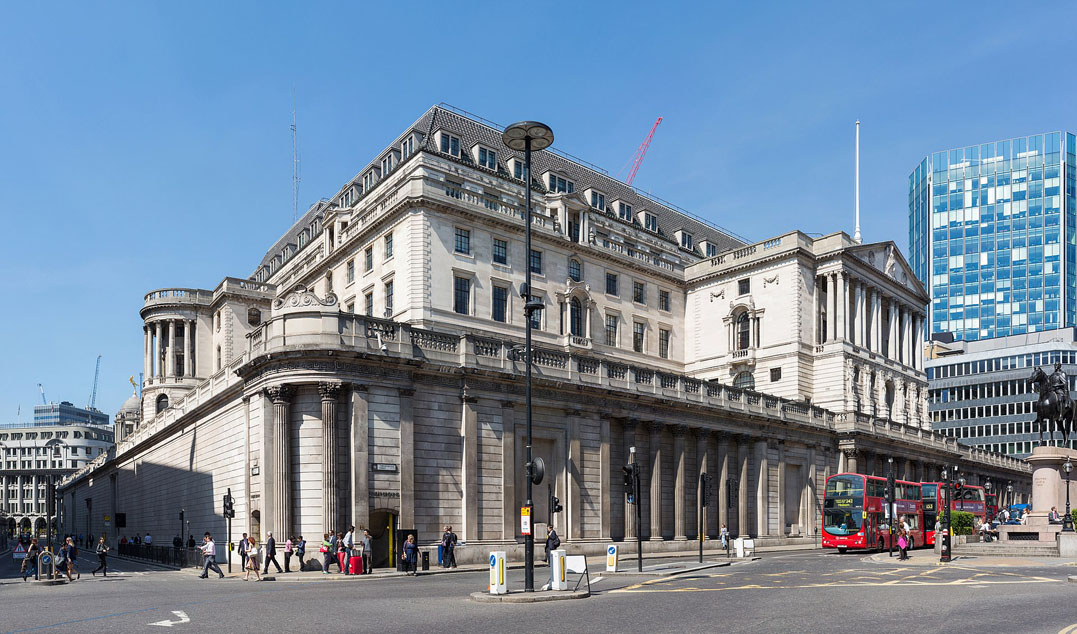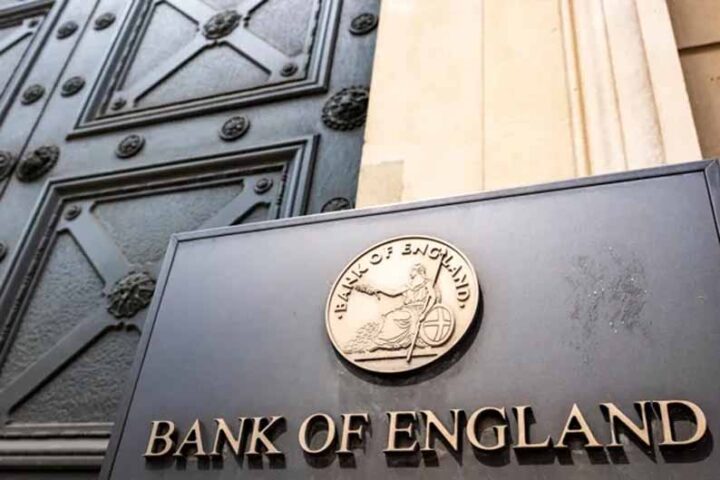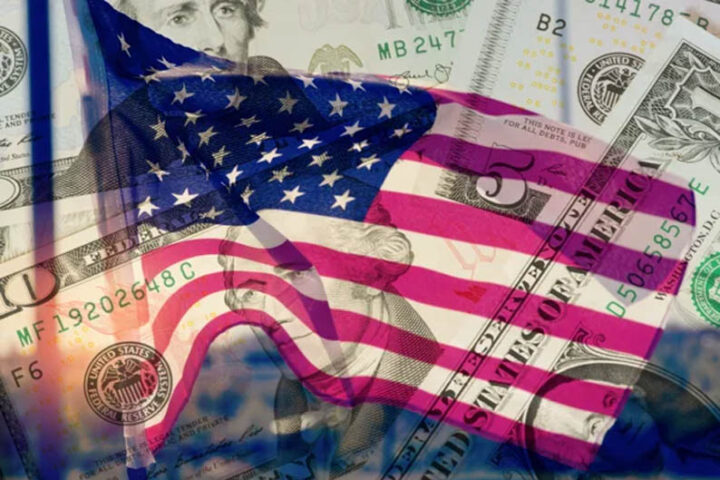The Bank of England is likely to continue increasing interest rates beyond its current level of 4% as UK inflation jumped unexpectedly in February, a leading financial advisor said, as the central bank board meets Thursday noon.
“The rise in inflation comes as a shock, as most analysts had forecast a fall to 9.9% amid reducing gas and oil prices and the lower cost of raw materials on markets,” said deVere Group’s Nigel Green.
Inflation had fallen for the previous three months, coming down from a peak of 11.1% in October to reach 10.1% in January. But the data shows that food prices and non-alcoholic beverages in the UK surged at their highest rate for 45 years.
“This really puts the pressure on the Bank of England to increase interest rates again on Thursday. The Bank officials will also be vigilant about wage growth which remains high but is slowing, whilst the latest labour market data reveals continued tightness,” said Green.
The deVere CEO expects the Bank will reiterate that the primary focus is bringing down stubbornly high inflation.
“This is despite growing fears over the unfolding confidence crisis in the world banking system following the collapse of Silicon Valley Bank, Signature Bank and First Republic Bank in the US earlier this month, and the weekend rescue of the institutionally critical Swiss bank, Credit Suisse.
Signal a pause
“We expect that the Bank of England on Thursday will announce a rise of 25bps to take rates to 4.25%, and possibly signal a pause in its hiking cycle moving forward.”
Green explained that the UK central bank knows that besides having to try and cool sticky high inflation, they also need to ensure financial stability. The events of the last week which rocked markets and investor sentiment will certainly give them cause for pause after the likely rate hike on Thursday.
“A signal of stepping back from interest rate hikes would be welcomed by investors who are concerned that overtightening now – when monetary policy time lags are notoriously long – could steer the economy into a recession,” noted Green.
“The Bank of England is in a challenging spot of having to hike rates to bring down inflation while attempting to combat fears of systemic risk and instability that has been rippling through markets in recent days following the banking crises in the US.
“But it will be soaring prices that will be front and centre in their decision-making process,” he concluded.









